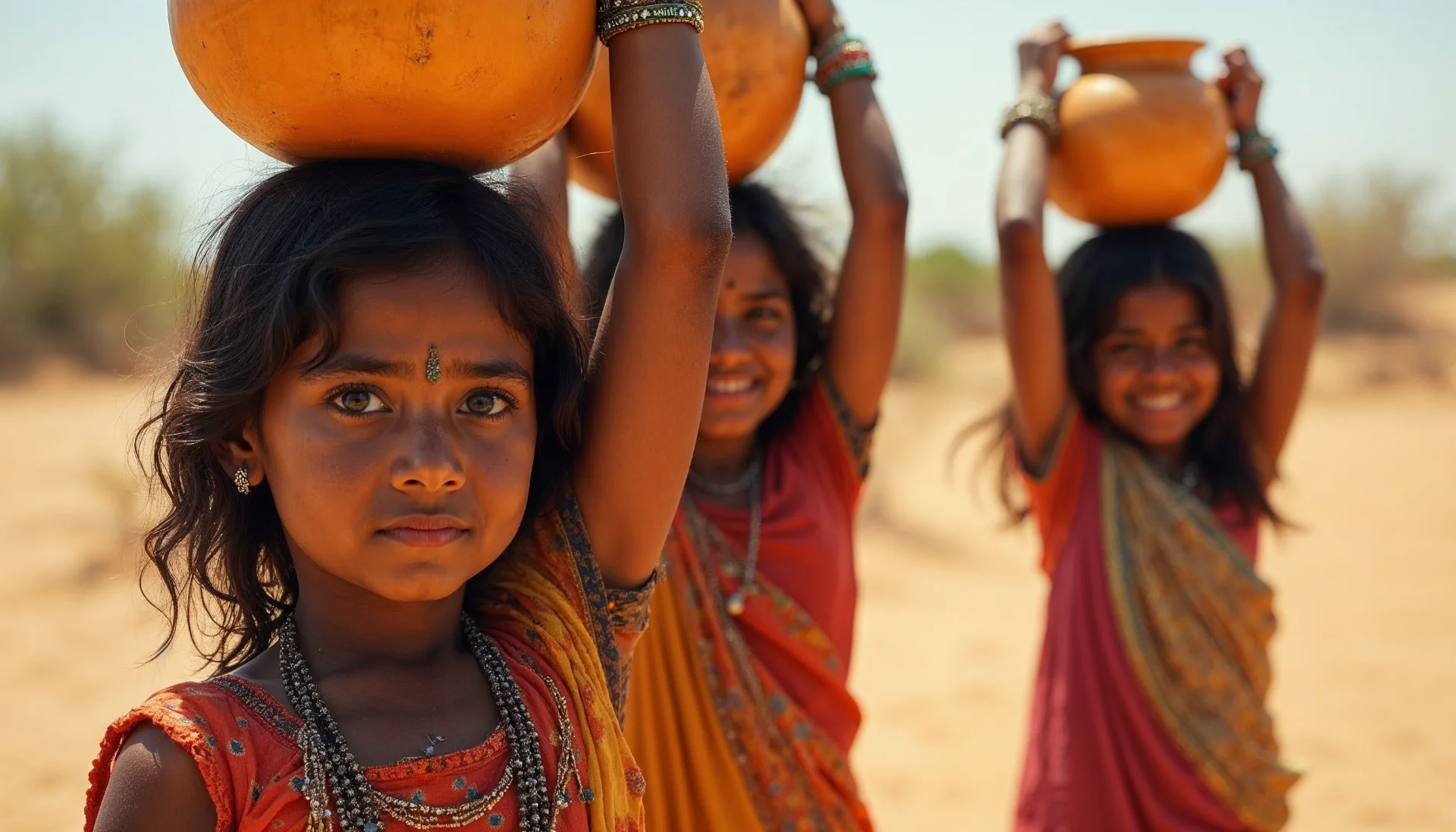
Palm Oil Value Chain
Slavery in Palm Oil: Out of Sight. Out of Mind.
Modern slavery in the palm oil value chain is a serious and well-documented issue, particularly in key producing countries like Indonesia and Malaysia, which together account for about 85–90% of global palm oil supply.
Overview of the Palm Oil Supply Chain
The palm oil value chain consists of several stages:
- Plantation and Harvesting – Palm fruit is grown and harvested on large plantations and smallholder farms.
- Processing – Fruit is sent to mills to extract crude palm oil.
- Refining and Manufacturing – Oil is refined and used in products (food, cosmetics, biodiesel, etc.).
- Distribution and Retail – Final products are distributed worldwide.
Nature of Modern Slavery in the Chain
Modern slavery in this context typically includes:
- Forced labour: Workers are often recruited through deception, incur debt bondage, or face threats and coercion.
- Child labour: Children may be employed illegally on plantations, particularly in family-run or informal settings.
- Human trafficking: Migrant workers, particularly from Bangladesh, Myanmar, Nepal, and Indonesia, are vulnerable to trafficking by labour agents.
Key abuses documented include:
- Withholding of identity documents and wages.
- Excessive working hours and unsafe conditions.
- Physical and sexual abuse.
- No access to grievance mechanisms.
Geographic Focus
- Malaysia: Reliance on foreign workers from South and Southeast Asia; systemic exploitation, especially on plantations not audited or covered by sustainable certification schemes.
- Indonesia: Both large plantations and smallholder plots show evidence of forced and child labour; poor regulation and weak enforcement exacerbate the problem.
Evidence from Reports
- Amnesty International (2016) found forced labour and child labour on plantations supplying to major global brands like Nestlé, Unilever, and Procter & Gamble.
- US Department of Labor lists palm oil from both Malaysia and Indonesia as produced using forced and child labour.
- UNDP and ILO have highlighted gaps in labour regulation, especially in smallholder segments of the supply chain.
Certification and Corporate Response
Efforts like the Roundtable on Sustainable Palm Oil (RSPO) and Fair Labor Association have attempted to address abuses, but criticisms remain:
- Audits are sometimes superficial or infrequent.
- Many plantations are not covered under certification.
- Third-party suppliers often operate with minimal oversight.
Companies are increasingly pressured by ESG investors and consumers to disclose and eliminate forced labour from their supply chains, but transparency and traceability remain low.
Challenges in Addressing the Issue
- Complex, opaque supply chains with many layers of subcontracting.
- Inadequate enforcement of labour laws and weak worker protections.
- Limited rights and protections for migrant workers, who make up a significant portion of the workforce.
- Economic pressures on smallholders, who may resort to informal labour to stay viable.
Recommendations and Pathways Forward
- Stronger enforcement of labour laws in producing countries.
- Mandatory human rights due diligence legislation in importing countries.
- Supply chain transparency and real-time monitoring technologies.
- Empowering workers through unionisation, grievance channels, and legal protections.
- Collaboration across stakeholders, including governments, NGOs, and corporations.
Want to support or co-fund a project?
Let’s work together to remove modern slavery from global supply chains.

